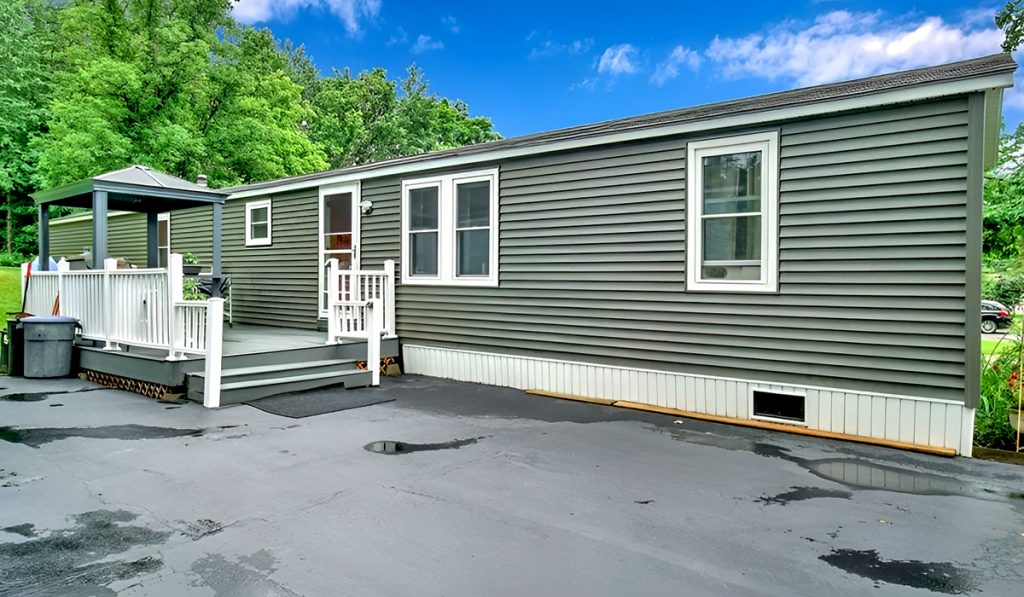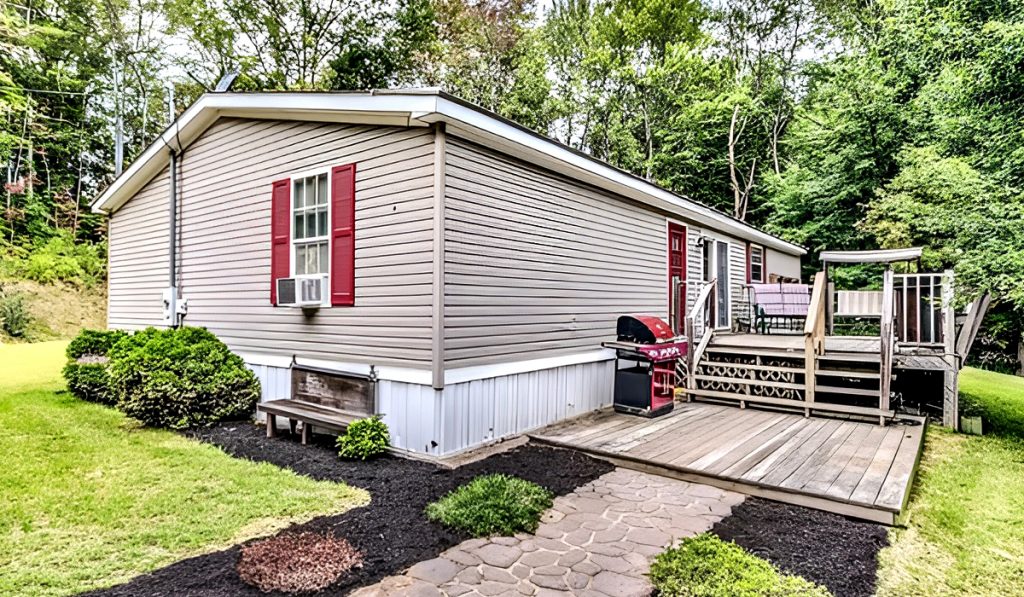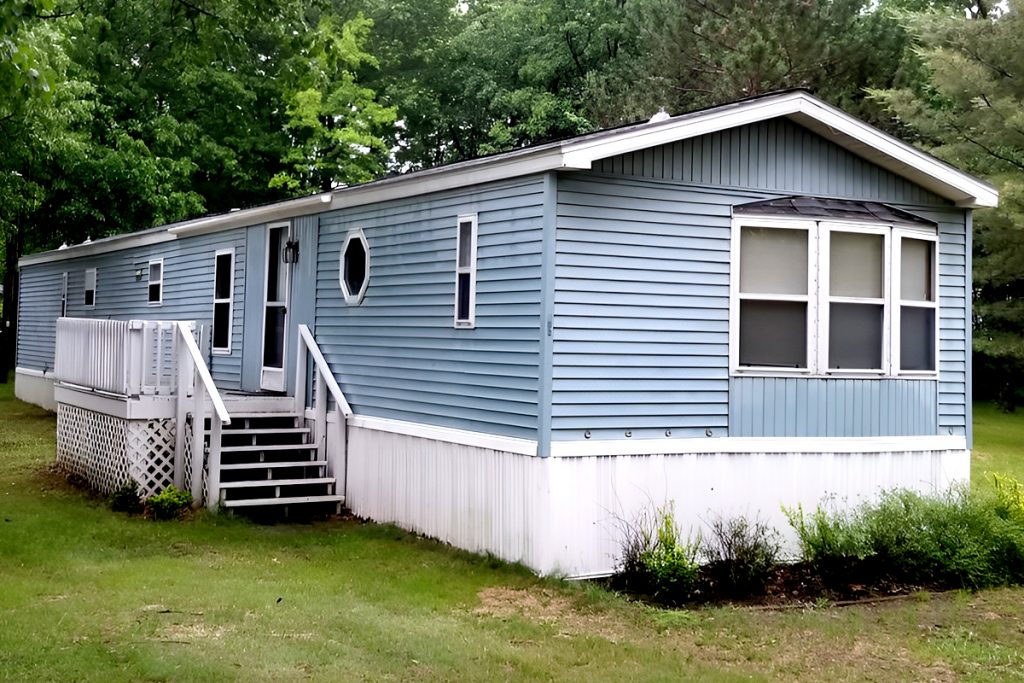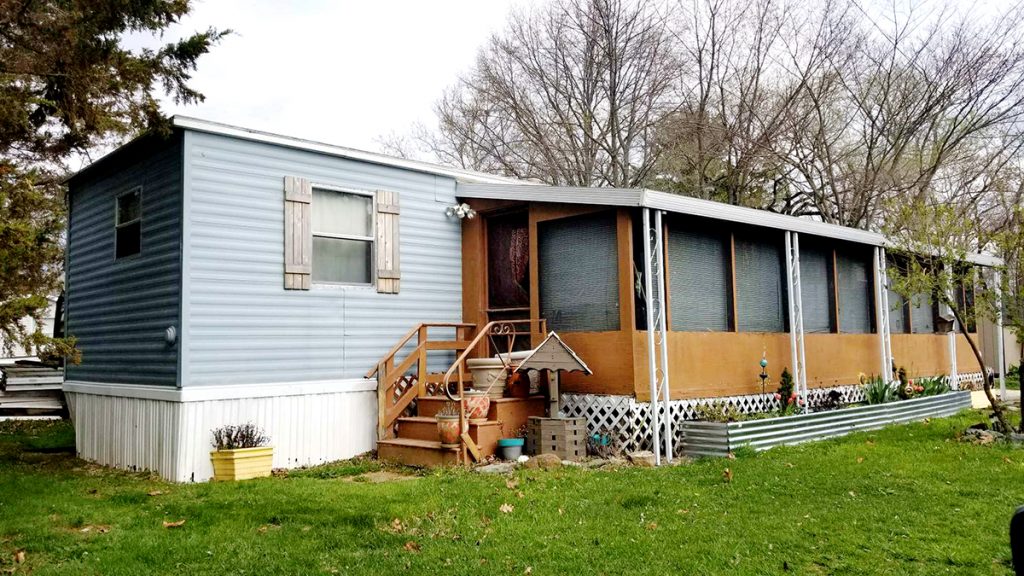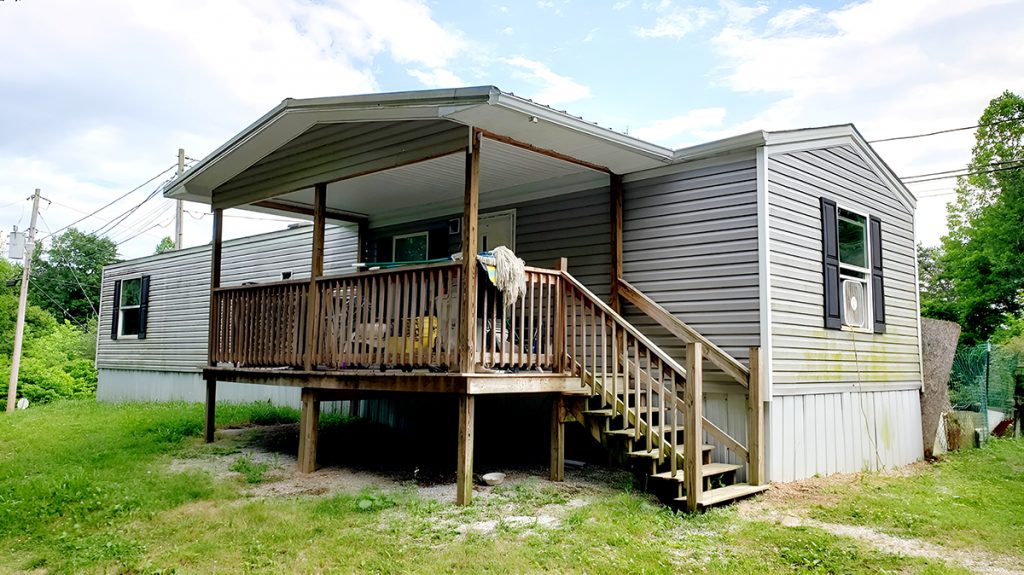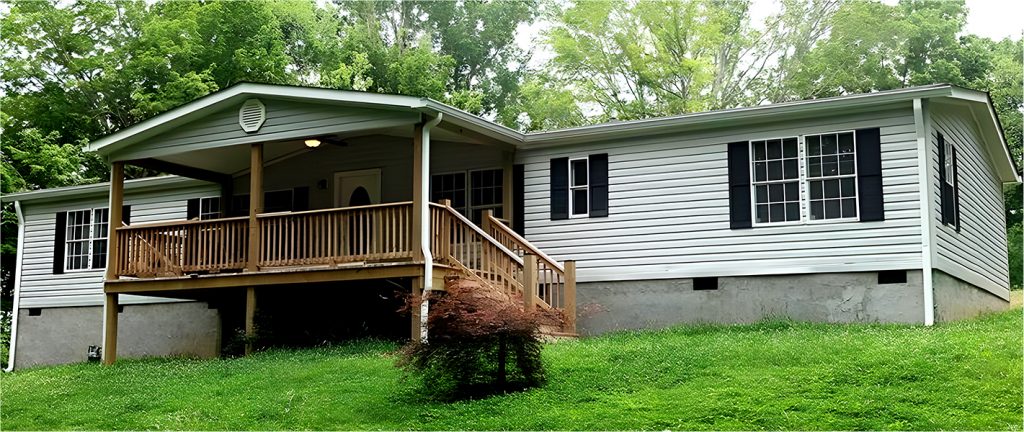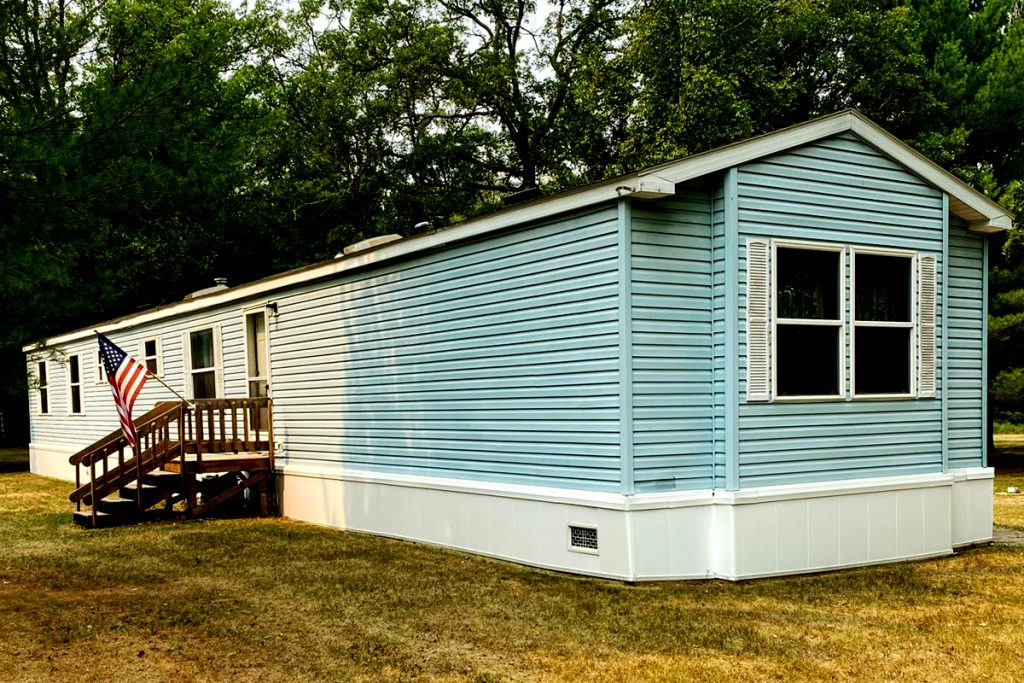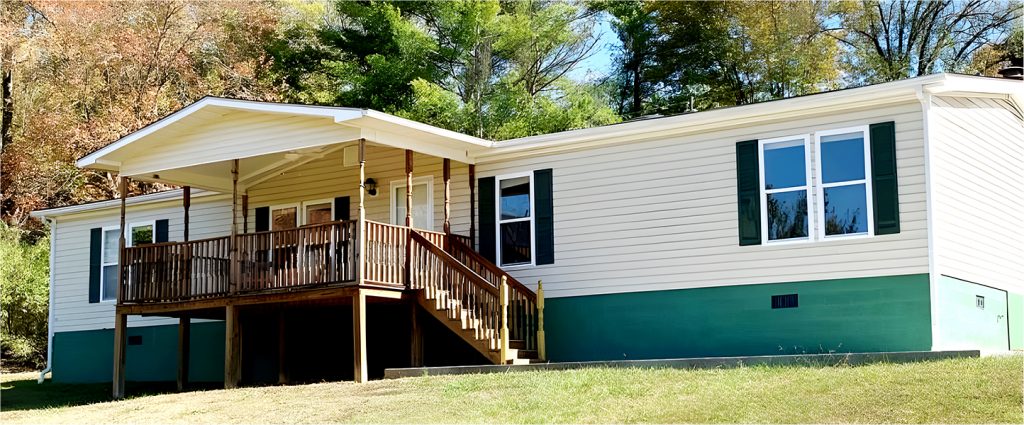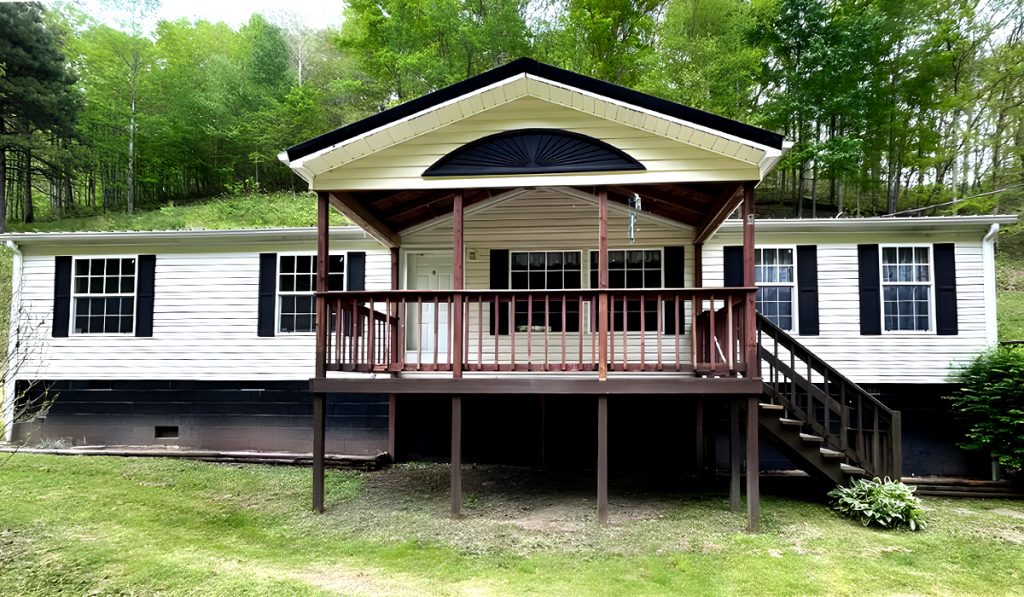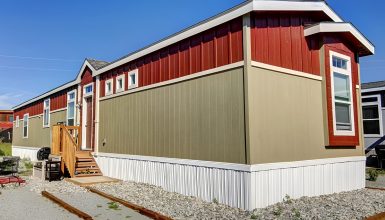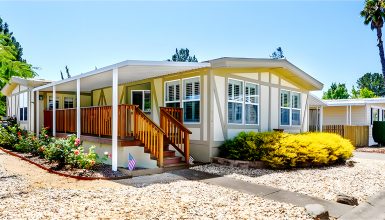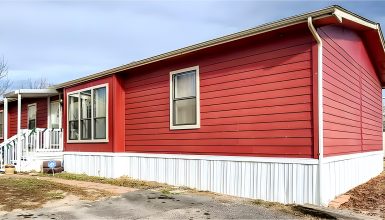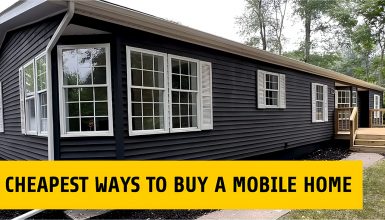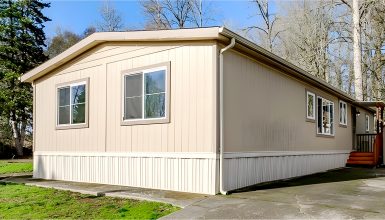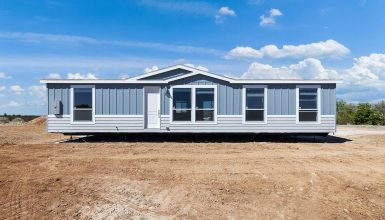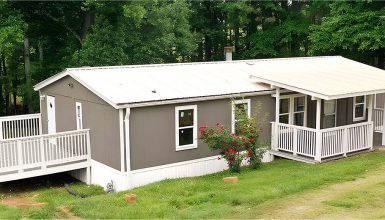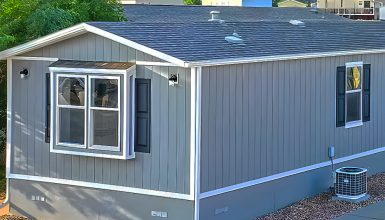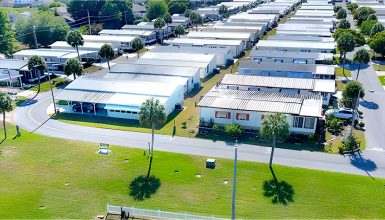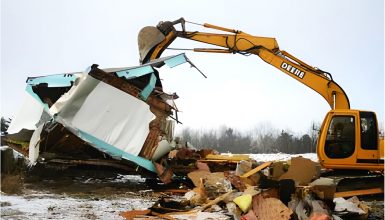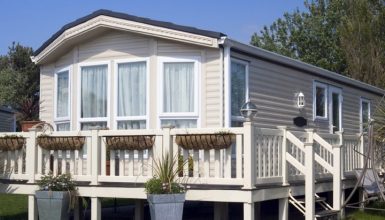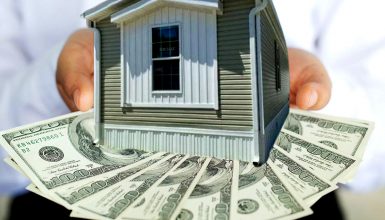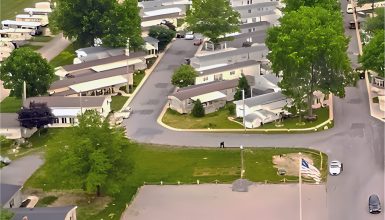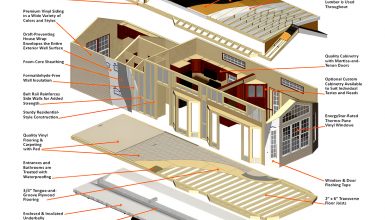Ready to roll up your sleeves and dive into the world of fixer-upper mobile homes? You’re in the right place! Imagine snagging a home at a budget-friendly price. Now, add the thrill of turning it into your personalized haven. That’s the allure of a fixer-upper mobile home. But hold on—it’s not just about finding a place needing TLC (Tender Loving Care). It’s about unlocking potential, room by room, wall by wall. From scoring a deal to swinging a hammer, we have the lowdown on everything you need to know. So, let’s get started, shall we?
Section | Summary | Tips |
Fixer-uppers are mobile homes in need of a little—or a lot—of TLC. | Focus on homes with "good bones," or a solid structure. | |
From lower upfront costs to customization, there are perks aplenty. | Always check resale value in the area; some upgrades pay off more than others. | |
Be aware of potential setbacks, like hidden repair costs or legal issues. | Make a list of deal-breakers, things you can't compromise on. | |
From online listings to word-of-mouth, options abound. | Use local real estate agents familiar with mobile homes in the area. | |
Examine structural integrity, location, cost vs. budget, and more. | Always get a professional home inspection, especially for older units. | |
From personal loans to mortgage options, know what's available. | Shop around for rates, but also consider the speed of loan approval. | |
Calculate ROI, compare costs, and uncover hidden expenses. | Put aside 10-20% of your budget for unexpected costs. | |
Ownership paperwork, land issues, permits, and community rules matter. | Consult a real estate attorney familiar with mobile homes. | |
Decide between DIY and professionals, and learn to source cheap materials. | Safety first. Always follow guidelines and use the correct tools. |
What Are Fixer-Upper Mobile Homes?
Picture a cozy mobile home. It’s compact, portable, and usually more affordable than a traditional house. Now, visualize that home needing a little—or a lot—of sprucing up. We’re talking outdated kitchens, peeling paint, and maybe even a leaky roof. That, my friends, is a fixer-upper mobile home!
These homes are like hidden gems. Sure, they’ve got some rough edges, but they’re brimming with potential. We’re not just talking about a coat of paint and a new rug. Think bigger! New kitchen cabinets, energy-efficient windows, and maybe even a deck for summer BBQs.
Why go for a fixer-upper? Two words: customization and savings. You get a home at a bargain price. Then, you call the shots. Want a farmhouse sink or a walk-in closet? Do it! You’re the artist; the home is your canvas. And let’s not forget: doing the work yourself can be seriously satisfying.
So yes, there will be hiccups along the way. There is some elbow grease here and a few setbacks there. But when you turn that key for the first time, trust me, it’s worth it. You’ve not just built a living space; you’ve created a personalized retreat. And that’s the magic of a fixer-upper mobile home!
Benefits of Investing in a Fixer-Upper Mobile Home
So, you’re toying with the idea of jumping into the fixer-upper game. Awesome choice! But you’re also wondering, “What’s in it for me?” Well, let’s dish out the fabulous perks of investing in a fixer-upper mobile home.
1. Lower Initial Cost
First up, let’s talk money. Fixer-uppers usually come with a low price tag. We’re talking way below market value, folks. That means you’ve got extra cash to invest in renovations or maybe even splurge on that Jacuzzi you’ve been eyeing.
2. Opportunity for customization
Next creativity. Ever flipped through a home design mag and thought, “I’d love that in my house!” Well, here’s your chance. You get to pick the tiles, choose the paint, and maybe finally have that open-concept living space you’ve always dreamed of. The options are endless, and the design choices are all yours. Seriously, you get to make this place your own.
And let’s not skip over the satisfaction factor. There’s something gratifying about tearing down a wall or installing a new floor. You’re not just updating a space; you’re transforming it. Every nail you hammer in, every tile you lay down, adds value to your home and pride in your accomplishments.
3. Potentially high ROI
Ever heard of ROI? That’s Return on Investment, and it can be pretty sweet with a fixer-upper. Do the renovations right, and you could see a handsome profit if you decide to sell. It’s like having your cake and eating it too—plus, you baked it yourself!
Last but not least, skills. You’ll learn a ton along the way. From negotiating a purchase price to mastering the art of tiling, you’re in for a crash course in Home Improvement 101.
So there you have it! Investing in a fixer-upper mobile home is like buying a ticket to a DIY, finance, and design masterclass all rolled into one. Exciting, right? It’s not just about owning a home; it’s about shaping it into your dream space. And that, my friends, is priceless.
Risks and Considerations
Okay, real talk time. We’ve raved about the glam side of fixer-upper mobile homes. But we can’t ignore the hurdles and head-scratchers you might face. You see, every rose has its thorns, and a fixer-upper is no different. So, let’s dive into some risks and considerations.
1. Repair costs
First off, money. That low price tag might sparkle your eyes, but the renovation costs? They can sneak up on you like a ninja in the night. Budgets can balloon; before you know it, you’re digging deeper into your pockets than you planned. So always, always have a cushion in your budget for those “uh-oh” moments.
2. Time commitment
Time is another biggie. Renovations take time. And I’m not just talking weekends here. Some projects might drag on for weeks or even months. Have you ever lived in a home with a torn-up kitchen or bathroom? Not fun, trust me.
3. Zoning and legal issues
Legal stuff? Yeah, it’s a snooze, but you can’t ignore it. Zoning laws, permits, mobile home park rules—you must know them inside and out. The last thing you want is to install a shiny new deck only to find out it’s against park regulations. Ugh, right?
4. DIY pitfalls
Don’t forget the DIY pitfalls. We all love swinging a hammer and feeling like a home improvement rockstar. But mistakes happen. Mess up the plumbing, and you’re in for a soggy, costly lesson. So, know your limits. Some things are better left to the pros.
Also, that “I can fix anything” attitude? Keep it in check. Structural issues like a cracked foundation or a saggy roof aren’t quick fixes. If you bite off more than you can chew, you might end up with a money pit instead of a dream home.
But hey, don’t get spooked. Every investment has its risks, right? The key is to go in, eyes wide open. Do your homework, set a realistic budget, and know when to call in the experts. With the proper planning, you can dodge the pitfalls and come out on the other side with a home that’s not just livable but lovable. And isn’t that the ultimate goal?
How to Find a Fixer-Upper Mobile Home for Sale
Ready to jump in and find that diamond-in-the-rough mobile home? Awesome! Hunting for the perfect fixer-upper is a bit like a treasure hunt, but the prize? A place you can truly call home. So, where do you start? Let’s break it down.
1. Online Listings
First, hit the web. Online listings are your best friend. Websites like Zillow or Realtor.com often list mobile homes; you can even filter for ones that need a little love. A few clicks, and you’re staring at a list of potential dream homes—or at least homes that could be dreamy with some elbow grease.
2. Friends and Family
Have you got pals or family living in mobile home communities? Tap into that network! Word of mouth is gold in the fixer-upper game. People talk, and someone might know of a home ripe for renovation.
3. Real Estate Agents
Real estate agents can be game-changers, too. Look for agents who specialize in mobile homes or fixer-uppers. They know the market, have the inside scoop, and can steer you away from homes that are more “bust” than “bargain.”
4. Foreclosures and Auctions
Don’t overlook foreclosures and auctions. These homes often go for a song, but be cautious. They’re usually sold “as is,” which could mean “needs a whole lot of work.” Always, and I mean always, get an inspection before you make an offer.
5. Local bulletin boards
Local bulletin boards—yes, they still exist—are another option. People often post homes for sale at a community center or local store. So take a stroll and keep those eyes peeled.
Here’s a pro tip: Drive around. Cruise through mobile home parks and look for “For Sale” signs. Sometimes, the old-fashioned way is the best. And hey, it allows you to scope out the neighborhood while at it.
What to Look for in a Fixer-Upper Mobile Home
Alright, you’re pumped to find that fixer-upper mobile home, but hold up! Before laying down your hard-earned cash, let’s discuss what you should look for. Trust me, not all fixer-uppers are created equal. So, what should be on your checklist? Let’s dig in.
1. Structural Integrity
Let’s start with structural integrity. Folks, we’re talking the bones of the home here. You want a solid foundation, sturdy walls, and a roof that’s more “shelter” than “sieve.” Leaky roofs or cracked foundations are a no-go. Those repairs can cost a fortune and are often headaches you don’t want to deal with.
2. Cost of Repairs vs. Budget
Next up, the cost of repairs versus your budget. Whip out that calculator and do some math. How much will those new kitchen cabinets set you back? What about fixing that funky plumbing? Add up all the potential repair costs and ensure it fits your budget snugly. And don’t forget that cushion I mentioned earlier for those unexpected “oops” moments.
3. Location
Location, location, location! Yeah, it’s a cliché, but it’s also key. Is the mobile home park safe? What are the amenities like? Is it near work, schools, or that all-important coffee shop? A great location can make up for many renovation headaches and bump up your home’s resale value.
4. Resale Value
Speaking of resale value, think of the future, not just now. Will the improvements you make add to the home’s value? Hardwood floors? Yes! A second bathroom? Double yes! But a hot pink kitchen? Hmm, not so much. Smart choices can make your home more appealing to future buyers and boost your ROI.
5. Utilities and Services
Last but not least, utilities and services. Is the home already hooked up to electricity, water, and gas? What about the internet or cable TV? These might sound like basics, but hook-up fees or service delays can be a real bummer. Make sure you’re good to go or at least know what you’re getting into.
Remember these points, and you’ll be well on your way to finding a place that’s less “money pit” and more “hidden gem.” Happy house hunting!
Financing Options
Now let’s talk turkey—or should I say money. Yup, you’ve got to figure out how to pay for this slice of renovation heaven. But hey, don’t sweat it. There are plenty of financing options to make your dream a reality. Let’s break them down.
1. Traditional Mortgage
First off, traditional mortgages. Think you can’t get a mortgage for a mobile home? Think again! Many lenders are warming up to the idea. But here’s the catch: the house must often be “fixed” to a permanent foundation. That can be a deal-maker or deal-breaker, so check the fine print.
2. FHA Loan
Ever heard of an FHA loan? That stands for Federal Housing Administration, and they back loans for, you guessed it, fixer-uppers. These loans are pretty sweet because they cover both the cost of the home and the repairs. But keep in mind, there’s paperwork. Oh, the paperwork! Still, it could be worth the hassle.
3. Personal Loans
Personal loans are another avenue. These are great for smaller projects where you don’t want to go through the rigmarole of a mortgage application. Just remember, interest rates can be higher, so read the terms carefully.
4. HELOC
How about a home equity line of credit, also known as a HELOC? If you already own property, this could be your golden ticket. You can borrow against the value of your current home to fund the mobile fixer-upper. But tread carefully. Your existing home is the collateral so that you can repay the loan.
5. Cash
Last but not least, there’s good old cash. If you’ve got the savings and found a low-cost fixer-upper, why not go for it? Money gives you buying power and keeps you debt-free. It’s a win-win!
Cost-Benefit Analysis
Okay, you’re almost at the finish line. You’ve found a couple of potential fixer-uppers, explored financing, and are buzzing to start smashing down walls. But wait! Before you do, let’s play detective and dive into the cost-benefit analysis. Trust me, it’s not as boring as it sounds, and it could save you a bundle.
1. Calculation of potential ROI
First up is ROI, which is just fancy talk for Return on Investment. Here’s the deal: You want to ensure that every dollar you put into your fixer-upper brings you value, either in comfort, amenities, or good old cash when you sell. Add all the estimated costs—purchase price, repairs, and the whole shebang to get a sense of potential ROI. Then, compare it to what similar, renovated mobile homes are selling for. If the numbers look good, you’re on the right track.
2. New vs. Fixer-Upper Costs
Now, let’s chat about new vs. fixer-upper costs. New mobile homes are pretty, but that sparkle has a price tag. Fixer-uppers? Way cheaper upfront, but remember to factor in repair costs. Will you end up spending the same amount, or even more, once you renovate? Do the math so there are no nasty surprises.
3. Hidden Costs
Last but oh-so-important, the hidden costs. They’re the gremlins of home buying, popping up when you least expect them. We’re talking inspection fees, permit costs, and maybe even renting a place to stay if renovations go long. And oh boy, let’s not forget the “Oops, we didn’t see that coming” repair issues. Yup, they happen, and they’re never cheap.
But here’s the good news: a solid cost-benefit analysis can prepare you for almost anything. So grab that calculator, make some spreadsheets, or go old school with pen and paper. Just make sure you’ve got a handle on all the numbers.
Legal Aspects to Consider
You’re fired up about diving into the fixer-upper adventure, but let’s pause for a second. We’ve got to talk legal stuff. It sounds like a snooze fest, but skimming over this could land you in hot water. So let’s make it easy, shall we?
1. Ownership paperwork
First on the list is the ownership paperwork. Check, double-check, and maybe even triple-check that all the documents are in order. You want to ensure that whoever is selling you the mobile home owns it. And please, don’t just take someone’s word for it. Check the title, verify VINs, and make sure everything’s legit.
2. Land leasing vs. ownership
Now, land leasing vs. ownership. The big one here, folks. Some mobile homes come with the land they’re sitting on. Sweet deal, right? But others? You might own the home but not the dirt under it. You’ll need to lease that, which means a monthly fee and possibly a long-term contract. Know what you’re getting into before you sign on the dotted line.
3. Building permits and zoning
Next up on to the building permits and zoning. Oh boy, don’t skip this step! If you have grand plans for expanding your mobile home or adding that dream deck, make sure local laws are on your side. Visit your local government’s planning department and get the lowdown on what you can and can’t do. Trust me, the last thing you want is to rip down a brand-new porch because you skipped a permit.
4. Mobile Home Park rules and regulations
Finally, the park rules and regulations. Think of these as the “house rules” but for adults. Each park has its own set of do’s and don’ts. Can you put up a fence? How about that adorable garden gnome collection? Or maybe you’re eyeing an eco-friendly solar panel setup. Just ensure you’re not breaking any rules that could get you kicked out of the game.
Follow these guidelines, and you’ll sidestep the common pitfalls that could trip you up. After all, home renovation is way more fun when you’re not also juggling legal headaches. So cross your T’s, dot your I’s, and then go forth and renovate!
Renovation Tips and Tricks
Okay, you’ve nailed down the finances, sidestepped the legal landmines, and practically bursting to make that fixer-upper shine. Awesome! Now, let’s get into the nitty-gritty of renovation. Brace yourself; it’s about to get real fun.
1. DIY vs. hiring professionals
First off, the age-old question: DIY or call in the pros? Look, some projects are just made for a weekend warrior like yourself. Painting walls, installing new fixtures, and laying down flooring can be doable. But hold up. Anything involving wiring, plumbing, or structural changes? That’s a job for the pros. Don’t risk turning a minor issue into a major catastrophe.
2. Cost-effective improvements
Next, let’s talk about cost-effective improvements. You don’t have to break the bank to give your home a facelift. New hardware in the kitchen can bring those dated cabinets back to life. And never underestimate the power of a fresh coat of paint. Seriously, it’s like botox for your walls—minus the needles.
3. Sourcing affordable materials
On to sourcing affordable materials. Did you know you can get killer deals on tile, fixtures, and wood at salvage yards or overstock stores? Yep, you heard that right. Also, keep an eye on online marketplaces for people selling leftover materials. One person’s extra is another person’s savings!
Last but certainly not least, safety. Friends, this isn’t a game. Always wear protective gear, like goggles and gloves, especially when dealing with chemicals or power tools. And keep a first-aid kit handy. Better safe than sorry, am I right?
Conclusion
You’ve got the inside scoop on making a fixer-upper mobile home the dwelling of your dreams. From crunching the numbers to dodging legal snares to mastering the renovation game, you’re now a pro in the making. The path ahead is clearer, the pitfalls manageable, and the rewards are sweet.
But remember, a home—mobile, fixer-upper, or otherwise—is more than just a place to hang your hat. It’s where life unfolds, memories blossom, and maybe a couple of DIY victories notch up your belt. Ready to make it happen? Then, snag that fixer-upper and let your dream take root. Happy renovating!

